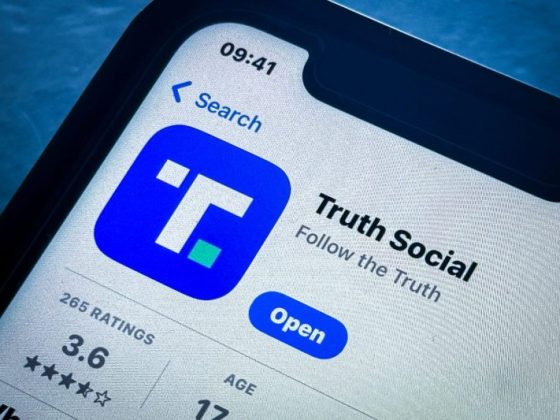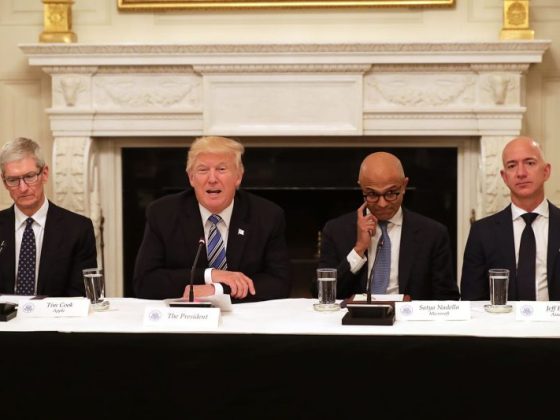Understanding JPMorgan’s Stance
According to reports, JPMorgan Chase is a leading global financial services firm asserting its preparedness to initiate a lawsuit against the United States government. JPMorgan’s primary bone of contention revolves around the alleged illegal activities orchestrated by unknown felons on Zelle, a popular digital payment tool.
Zelle, a peer-to-peer payment service created by a consortium of prominent U.S. banks including JPMorgan Chase, uses email or mobile phone numbers to transact money instantaneously. As digital transactions have gained ground over the years, so too has the frequency of scams related to these services, leading banks like JPMorgan Chase to want to address this issue comprehensively.
The Conflict with the Government
JPMorgan Chase’s impending legal action centers on the bank’s viewpoint that the U.S. government’s existing banking regulations are woefully insufficient. These regulations, JPMorgan Chase argues, have failed to protect users of Zelle from falling prey to scams and fraudulent activities. In an environment where digital transactions are a significant part of the financial landscape, security lapses involving tools like Zelle reflect negatively on all involved parties – from the banks that support them, to the end-users who depend on them.
The bank’s contention is rooted both in the precarious cybersecurity environment and the lax policy measures. It alleges that these scams could be avoided if the U.S. government intervened and tightened up regulations that control digital transactions.
JPMorgan Chase’s Allegations and Proposed Solutions
JPMorgan Chase, while announcing its readiness to sue the U.S. Government, has laid out specific grievances. The bank holds the government responsible for its failure to efficiently monitor and halt online scams, citing the lack of stringent regulatory measures to control and regulate online banking and transactions.
To mitigate the growing threat of online malicious activities, JPMorgan Chase has suggested some feasible solutions. These include a cause for stricter identification and verification procedures for all digital users, including those utilizing Zelle. On the back-end, JPMorgan Chase proposes the government should implement real-time monitoring systems to detect and prevent any unauthorized or fraudulent transactions.
The bank underlines the necessity for a robust mechanism that will enable banks to verify the authenticity of transactions completed over its network. Additionally, it urges the government to ease regulations that currently inhibit banks from sharing necessary user information with each other, arguing that such a data-sharing measure would bolster overall security measures.
Potential Implications of the Lawsuit
If JPMorgan Chase moves forward with the lawsuit and wins, the impact on the government could be significant. Not only would it have to reassess its existing online banking regulations but also engage with banks in a different, more proactive manner. Government bodies will need to invest in strengthening their technical infrastructure to be able to effectively monitor online financial transactions.
Banks and other financial institutions will also have a more significant role to play in this new ecosystem, with increased responsibilities towards ensuring customer transactional safety. At the same time, customers would also have to adapt to more rigorous identification and verification procedures.
Nevertheless, this legal battle will have the banking and digital financial world on its toes. JPMorgan Chase vocalising its concerns has the potential to be a turning point for cybersecurity practices in online banking. Indeed, its willingness to sue the U.S. government over Zelle scams sheds light on an issue of increasing importance in an increasingly digital world – secure, scam-free digital transactions. But with speculation, watching the proceedings unfold and discovering the resulting implications on the overall digital transaction landscape will be an intriguing wait and see.











